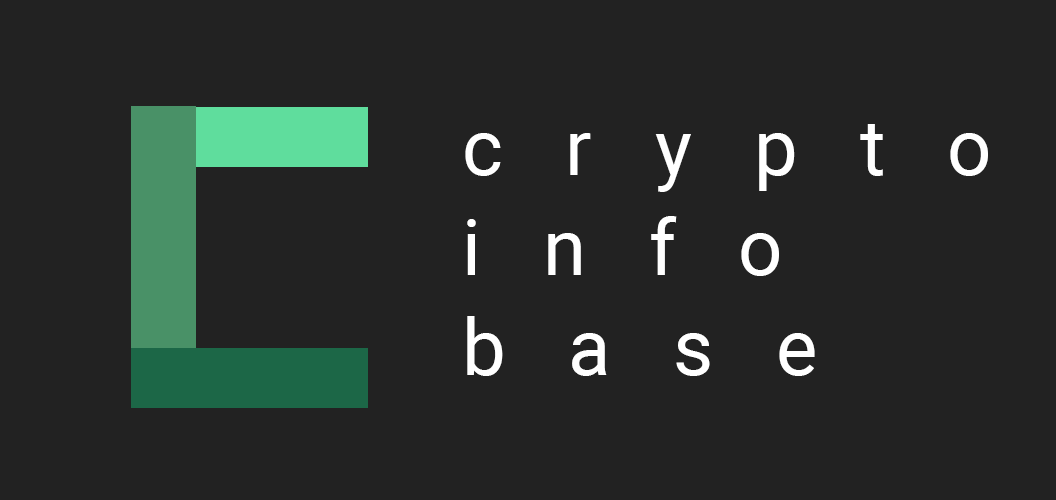Blockchain medicine refers to the application of blockchain technology in the healthcare sector to improve data management, security, and overall efficiency. By leveraging a decentralized and transparent ledger, blockchain medicine enables secure data sharing among patients, healthcare providers, and researchers. This approach can enhance patient care, reduce administrative costs, and facilitate collaboration in medical research. Furthermore, blockchain medicine can also streamline pharmaceutical supply chain management, ensuring drug authenticity and preventing counterfeits. Overall, blockchain medicine holds great potential for revolutionizing healthcare systems worldwide.
Contents
Blockchain Medicine Projects
There are several blockchain medicine projects around the globe. These initiatives utilize distributed ledger technology to improve various aspects of healthcare, such as patient data management, supply chain, and research. Some noteworthy examples include:
- Mediledger: Aiming to enhance pharmaceutical supply chain transparency, Mediledger focuses on preventing counterfeit drugs and ensuring end-to-end traceability. The platform enables secure data sharing among stakeholders.
- BurstIQ: This project uses blockchain technology to manage and share health data securely. It enables better collaboration among healthcare providers, researchers, and patients, facilitating personalized care and medical research advancements.
- Medicalchain: Employing distributed ledger technology, Medicalchain facilitates secure storage and exchange of electronic health records. Patients can grant or revoke access to their medical information, while healthcare providers can securely collaborate on patient care.
- Iryo: By creating a global, interoperable electronic health record system, Iryo aims to provide patients with complete control over their medical data. It also allows healthcare providers to access this information with the patient’s consent.
- FarmaTrust: Focusing on pharmaceutical supply chain management, FarmaTrust employs blockchain to prevent counterfeit drugs, streamline logistics, and ensure regulatory compliance. It also aims to foster greater collaboration among supply chain stakeholders.
- Nebula Genomics: This project leverages blockchain technology to securely share genomic data, enabling users to maintain control over their genetic information. Researchers can access this data with user consent, which can lead to breakthroughs in personalized medicine and genomics research.
- Robomed Network: Designed to connect healthcare service providers and patients, Robomed Network uses blockchain to create a decentralized ecosystem. The platform facilitates value-based care by implementing smart contracts that outline treatment plans and outcomes. It also enables secure data sharing and improves payment processes.
- SimplyVital Health: Offering a suite of blockchain-based tools, SimplyVital Health aims to streamline healthcare administration and reduce costs. Its platform, ConnectingCare, allows healthcare providers to securely share patient data and track treatment progress, facilitating better care coordination.
- Solve.Care: This project uses blockchain to create a decentralized healthcare platform that streamlines care coordination, benefits administration, and medical payments. Solve.Care enables patients, providers, and insurers to collaborate and share information securely and efficiently.
- Guardtime Health: By employing distributed ledger technology, Guardtime Health focuses on securing healthcare data and ensuring its integrity. The platform supports various use cases, including secure data sharing, clinical trial management, and supply chain traceability.
These projects demonstrate the potential of blockchain technology to revolutionize the healthcare industry. By facilitating secure data sharing, enhancing supply chain management, and empowering patients, these initiatives aim to improve overall medical outcomes and advance research.

Countries With Plans to Launch Blockchain Medicine
Many countries around the world are discussing the introduction of blockchain medicine to improve healthcare systems, enhance patient outcomes, and streamline processes. Some of these countries include:
- United States: The U.S. has numerous blockchain healthcare startups and ongoing projects, like Mediledger, BurstIQ, and SimplyVital Health. The U.S. Food and Drug Administration (FDA) has also shown interest in exploring blockchain for supply chain management and clinical trials.
- United Kingdom: The UK has embraced blockchain healthcare initiatives such as Medicalchain and FarmaTrust. The National Health Service (NHS) has also expressed interest in leveraging distributed ledger technology for patient data management and medical research.
- Estonia: As a global leader in digital governance, Estonia has implemented blockchain-based systems, including Guardtime Health, to secure patient data within its e-Health system. The country continues to explore new ways to utilize blockchain in healthcare.
- Switzerland: Home to numerous blockchain startups, Switzerland is actively discussing the potential of distributed ledger technology in healthcare. Companies like Iryo and Nebula Genomics operate in the country, contributing to its innovation ecosystem.
- China: China is actively exploring blockchain technology for various industries, including healthcare. The government has launched several pilot programs to improve data security, supply chain management, and medical research using blockchain.
- South Korea: South Korean healthcare providers, researchers, and policymakers are discussing the adoption of blockchain technology. The government has initiated several pilot projects to evaluate the technology’s potential for enhancing patient data management and medical research.
- Australia: The Australian government has invested in blockchain technology research, with a focus on healthcare applications. Projects like the Australian National Blockchain aim to explore the potential of blockchain for secure data sharing and management in the healthcare sector.
- Canada: Canada has been exploring the potential of blockchain technology for healthcare applications. The government-funded organization, Canada Health Infoway, is actively researching and evaluating blockchain-based solutions to improve healthcare data management and interoperability.
- Germany: Germany has shown interest in adopting blockchain technology to enhance healthcare services. Several startups and projects are exploring blockchain’s potential for secure data exchange, supply chain management, and research collaboration.
- Singapore: Singapore is actively exploring blockchain technology in healthcare. The government has supported various pilot projects, like the OpenCerts initiative, which aims to secure digital certificates for healthcare professionals using blockchain.
- United Arab Emirates: The UAE government has ambitious plans to adopt blockchain technology across various sectors, including healthcare. They have initiated pilot projects and collaborations with private entities to explore the potential of blockchain medicine.
- India: India is also discussing the introduction of blockchain medicine. Several Indian startups are working on blockchain-based solutions for healthcare, focusing on areas such as data security, telemedicine, and supply chain management.
The Benelux countries are among the most progressive in Europe when it comes to using online medicine and implementing blockchain technology in healthcare.
Belgium
- The Belgian government has shown interest in exploring the potential of blockchain technology for various sectors, including healthcare. While there may not be any specific projects dedicated solely to blockchain medicine, collaborations and research initiatives are taking place.
- In 2018, Belgian software company Cegeka partnered with the European Blockchain Convention to host a Blockchain for Good Hackathon. One of the winning solutions was focused on healthcare, proposing a blockchain-based solution to store and share patient data securely.
The Netherlands
- MyHealthMyData (MHMD): This European project, involving participants from the Netherlands, aims to create a decentralized platform for secure data sharing among patients, healthcare providers, and researchers. The project leverages blockchain technology to ensure data privacy and security.
- Ledger Leopard: This Dutch blockchain company has developed a pilot project called Mijn Zorg Log (My Care Log) for the Dutch Ministry of Health, Welfare, and Sport. The project uses blockchain technology to give patients more control over their healthcare data and enables secure data sharing between healthcare providers.
- Health Holland: As part of its mission to innovate and improve healthcare, Health Holland, a Dutch organization promoting research and development in the life sciences and health sector, is exploring the potential of blockchain technology for various healthcare applications.
These examples demonstrate that Belgium and the Netherlands are also taking part in the global conversation on blockchain medicine. As the technology advances and its applications in healthcare become more apparent, it is likely that more Blockchain medicine refers to the application of blockchain technology in the healthcare sector to improve data management, security, and overall efficiency. By leveraging a decentralized and transparent ledger, blockchain medicine enables secure data sharing among patients, healthcare providers, and researchers. This approach can enhance patient care, reduce administrative costs, and facilitate collaboration in medical research. Furthermore, blockchain medicine can also streamline pharmaceutical supply chain management, ensuring drug authenticity and preventing counterfeits. Overall, blockchain medicine holds great potential for revolutionizing healthcare systems worldwide.




